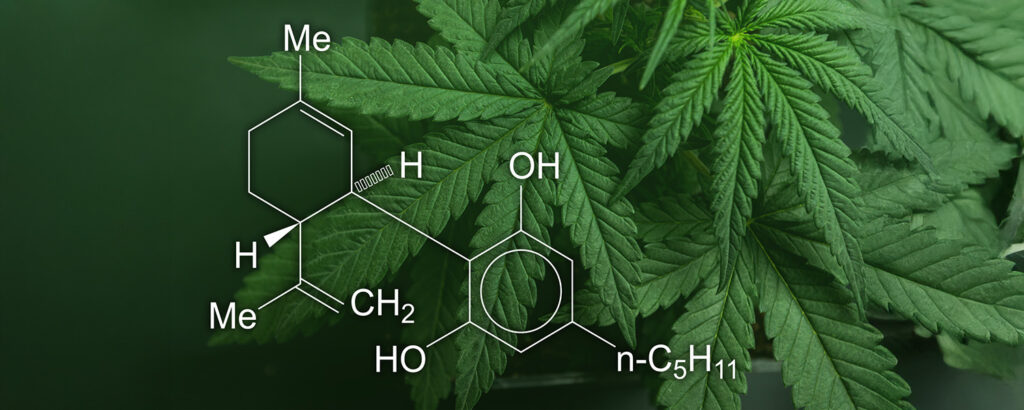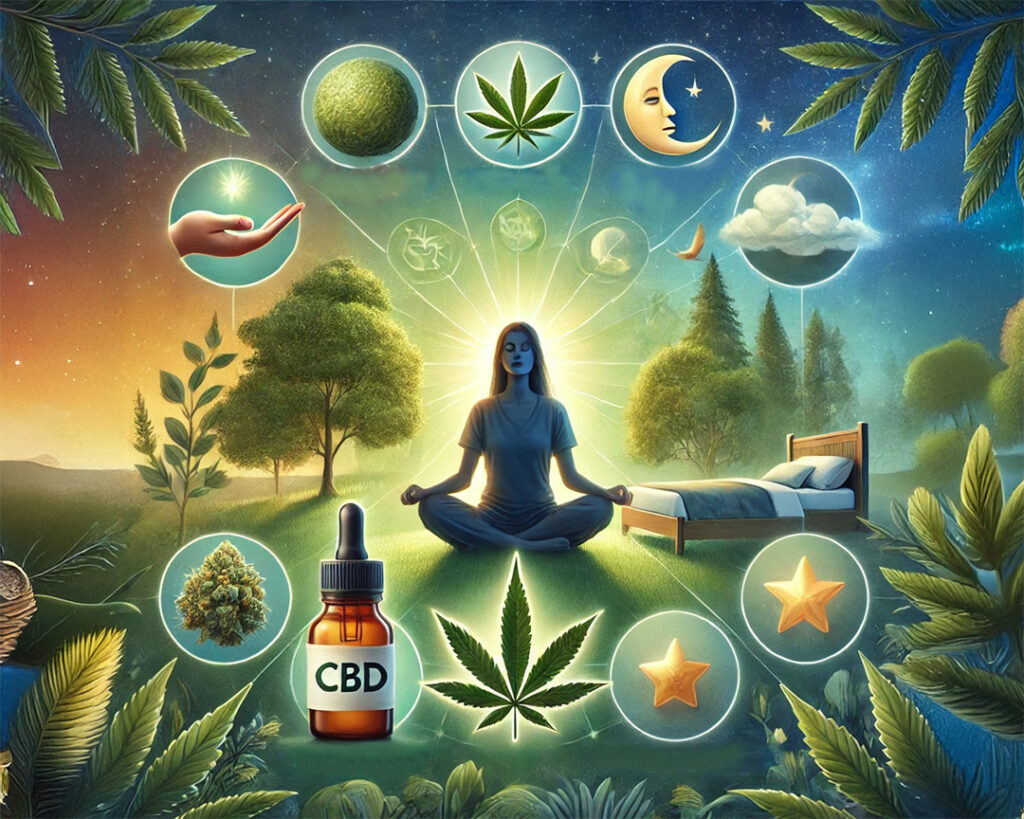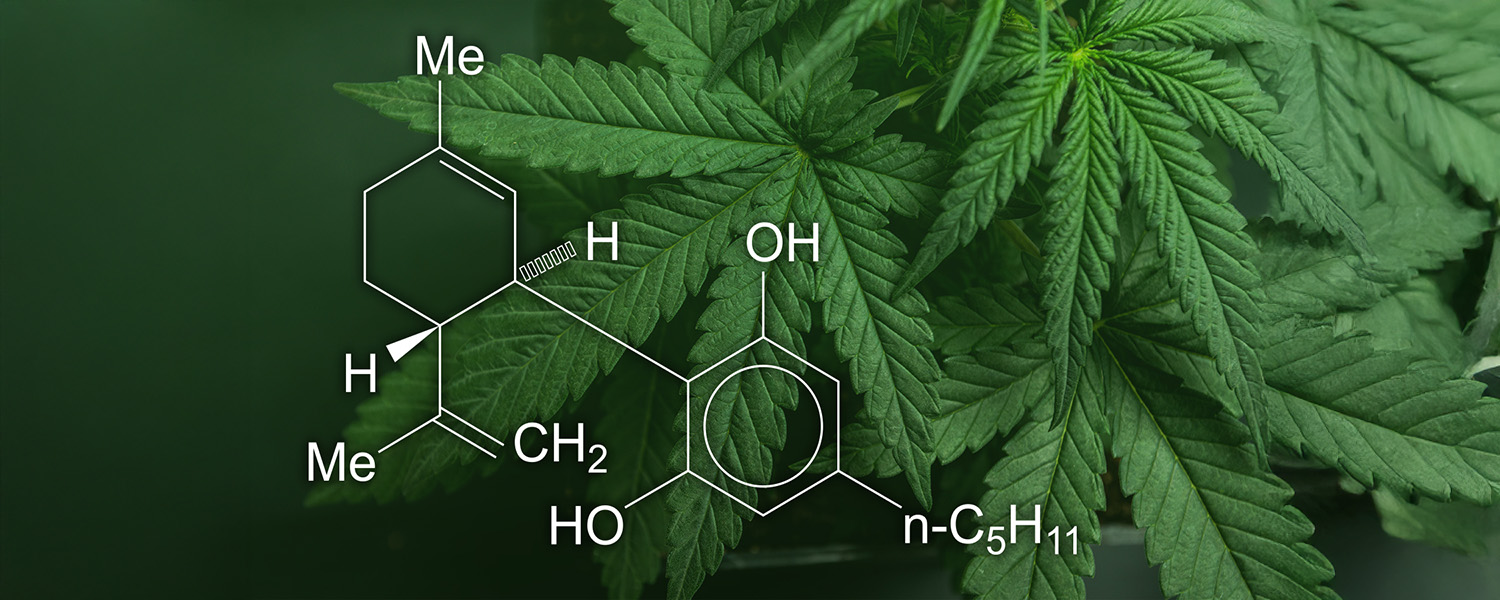It might seem like a silly question, but do you know what CBD actually is? You’ve probably heard about it in the context of wellness, seen it in health stores, or even noticed it in your friend’s skincare routine. But what exactly is CBD, and why is it making waves in New Zealand and around the world?
Cannabidiol, or CBD, is one of over 100 compounds found in the cannabis plant. Unlike its more famous cousin, THC (tetrahydrocannabinol), CBD doesn’t get you high. Instead, it’s gaining recognition for its potential therapeutic benefits, from easing anxiety to managing chronic pain. But with so much information (and misinformation) out there, it’s easy to feel overwhelmed.
In this article, we’ll break down everything you need to know about cannabidiol: what it is, how it works, its potential benefits, and the legal landscape in New Zealand. Whether you’re curious about trying CBD or just want to understand the hype, this guide has you covered.
What is Cannabidiol?

CBD is a non-psychoactive cannabinoid, meaning it doesn’t produce the “high” associated with cannabis. It’s extracted from the hemp plant, a cousin of marijuana, and can also be synthesized in a lab. While hemp and marijuana come from the same plant species (Cannabis sativa), hemp contains less than 0.35% THC, making it the primary source of CBD.
In New Zealand, CBD is classified as a prescription-only medicine under the Misuse of Drugs Act 1975. This means you can’t just walk into a store and buy it off the shelf (not yet anyway) you’ll need a prescription from a registered medical practitioner. But don’t let that deter you; the process is straightforward, and many Kiwis are already reaping the benefits of this natural compound.
How Does CBD Work?
To understand how CBD works, we need to talk about the endocannabinoid system (ECS). The ECS is a complex cell-signaling system in your body that plays a role in regulating functions like mood, sleep, appetite, and pain. It consists of three main components:
- Endocannabinoids: Naturally occurring compounds in your body that bind to cannabinoid receptors.
- Receptors: Found throughout your body, these receptors interact with endocannabinoids and cannabinoids like CBD.
- Enzymes: These break down endocannabinoids once they’ve done their job.
CBD doesn’t directly bind to these receptors. Instead, it influences the ECS by enhancing your body’s natural endocannabinoids and modulating receptor activity. This interaction is thought to help maintain balance (homeostasis) in the body, which is why CBD is being studied for so many different health conditions.
Potential Benefits of CBD

CBD has been touted for a wide range of health issues, but what does the science say? Here’s a look at some of the most promising areas of research:
1. Pain Management
Chronic pain is a common issue, and traditional treatments don’t always work. CBD has shown potential as a natural alternative, particularly for conditions like arthritis, fibromyalgia, and neuropathic pain. Its anti-inflammatory properties may help reduce pain by targeting the root cause: inflammation.
2. Anxiety and Depression
Mental health is a growing concern in New Zealand, and many people are turning to CBD for relief. Studies suggest that cannabidiol may help reduce anxiety and improve mood by interacting with serotonin receptors in the brain. While more research is needed, early findings are encouraging.
3. Epilepsy
One of the most well-established uses of CBD is for treating epilepsy, particularly in children with rare forms like Dravet syndrome and Lennox-Gastaut syndrome. In fact, the FDA-approved drug Epidiolex is a cannabidiol-based medication used to treat these conditions.
4. Sleep Disorders
If you’ve ever struggled with insomnia, you know how frustrating it can be. CBD may help improve sleep quality by addressing underlying issues like anxiety and chronic pain. Some studies suggest it can also regulate the sleep-wake cycle, making it easier to fall asleep and stay asleep.
5. Neurological Conditions
CBD’s neuro-protective properties are being explored for conditions like Parkinson’s disease, multiple sclerosis, and even Alzheimer’s. While research is still in its early stages, the potential is exciting.
Is CBD Legal in New Zealand?
Yes, but with some caveats. In New Zealand, CBD is legal as a prescription-only medication. This means you’ll need to consult a doctor to get a prescription, whether it’s from your GP or a specialist. The Ministry of Health regulates derivatives of cannabis products to ensure they meet strict quality and safety standards.
It’s worth noting that recreational cannabis use is still illegal in New Zealand, and CBD products must contain less than 2% THC. If you’re traveling with it, make sure to carry your prescription and check the regulations of your destination country, as laws vary widely.
How to Use CBD
CBD comes in many forms, so you can choose the one that best suits your needs:
- Oils and Tinctures: These are taken sublingually (under the tongue) and are absorbed quickly into the bloodstream.
- Capsules and Edibles: A convenient option for those who prefer a pre-measured dose.
- Topicals: Creams, lotions, and balms infused with CBD are great for targeting localized pain or skin conditions.
- Vapes: While not recommended (by some) due to potential lung risks, vaping allows for fast absorption.
When starting out, it’s best to begin with a low dose and gradually increase it until you find what works for you. Always consult your doctor, especially if you’re taking other medications, as cannabidiol can interact with certain drugs.
Potential Side Effects
CBD is generally well-tolerated, but like any substance, it can have side effects. These may include:
- Dry mouth
- Drowsiness
- Diarrhea
- Changes in appetite
In rare cases, high doses of CBD can affect liver enzymes, so it’s important to monitor your health if you’re using it regularly.
The Future of CBD in New Zealand
As research into cannabidiol continues, its potential applications are likely to expand. New Zealand’s regulatory framework ensures that patients have access to high-quality, safe products, but it also means that CBD remains tightly controlled. For those who qualify, however, it offers a promising alternative to traditional medications.
Conclusion
CBD is a powerful compound with the potential to improve quality of life for many people. Whether you’re dealing with chronic pain, anxiety, or a sleep disorder, CBD could be worth exploring. Just remember to consult your doctor, start with a low dose, and choose a reputable product.
In a country like New Zealand, where natural remedies are often embraced, CBD fits right in. As we continue to learn more about its benefits and limitations, one thing is clear: CBD is here to stay. So, if you’ve been curious about trying it, now might be the perfect time to take the plunge.
Bonus Tip
If you’re vaping cannabis anyway and you want to get the most cannabidiol out of your herb as possible, set the temp to 180°C. That’s the boiling point for cannabidiol. 180°C also give you a good balance of terpene preservation and THC release.

